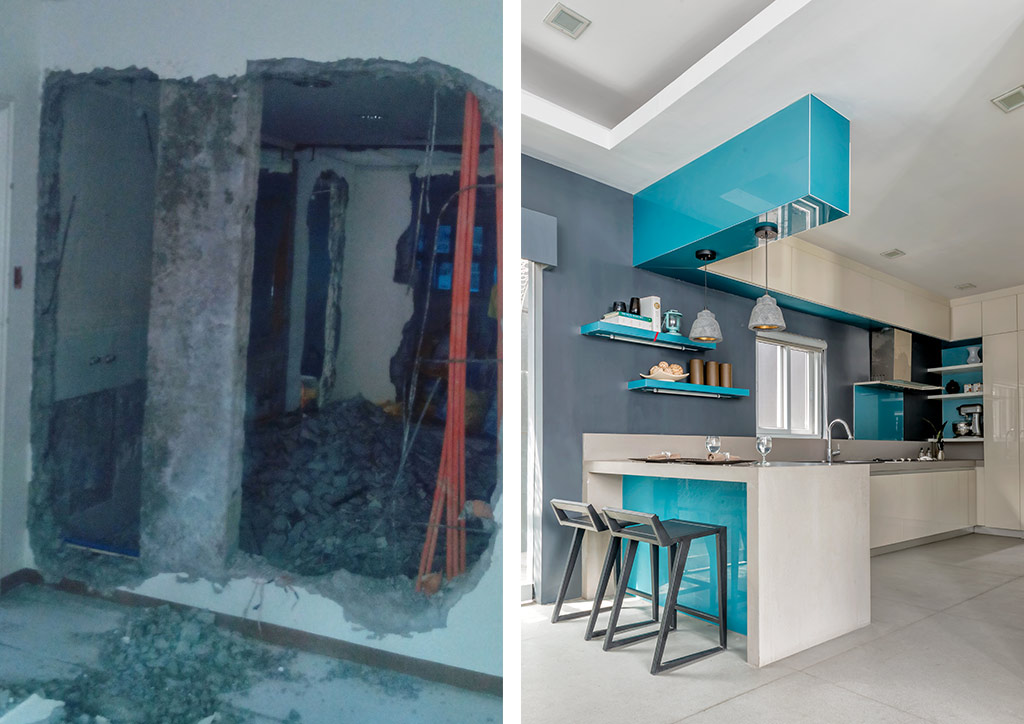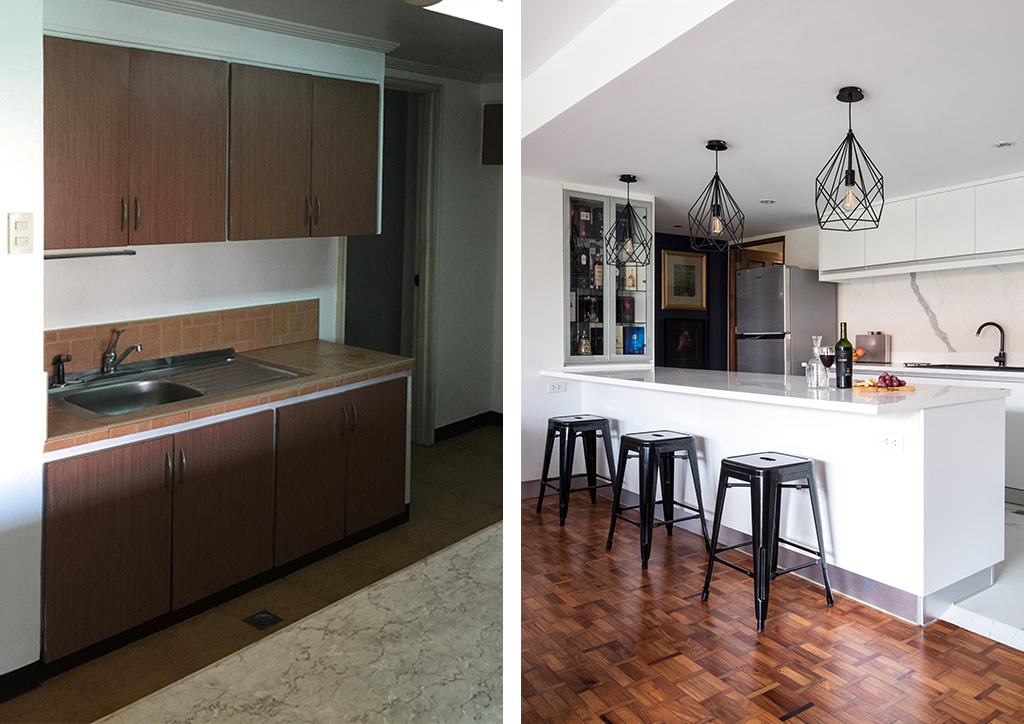
Every house starts with a plan and vision. Translating these to the actual house entails an entire team, with a skillful contractor at the lead to implement and oversee the construction work. A big part of the planning stage is choosing a contractor who will work with you in building your home. As the main overseer of the project, the contractor is in charge of inspecting the quality and finishes of the structures, coordinating with all involved, and ensuring the smooth implementation of the project. With so many responsibilities on their plate, it is important for you as homeowner to know our contractor’s deliverables. To understand and keep track of these, it is imperative to document all the terms and conditions agreed upon by all parties. Here, we lay down the five terms homeowners should check for and review in any construction or renovation agreement.

Scope of Work
Before any kind of work is executed, the homeowner and the hired contractor should come to an agreement of specific work requirements to be done on-site. Conflicts can easily arise from vague, broad, and non-itemized descriptions of expected work output from contractors, and it can become even more difficult when these issues arise in the middle of construction.
To avoid needless clashes, the contract should state the specific work, materials, equipment, facilities, and labor that will come directly from the contractor. For contractors that hire subcontractors to accomplish other specific aspects of a project, it is also advisable to include which work other suppliers or third-party sources will perform. For owners who may have specific preferences or are able to supply their own materials (e.g. lighting and bathroom fixtures, tiles, etc.) to the project, these should be identified in the contract and stated as ‘owner-supplied materials.’
A detailed contract will preferably have attachments of architectural, engineering, and interior design plans of the house, as these can be used as reference points for specific aspects of the contract. Lastly, the contract should identify the location of the project, including a specific reference to the title of the land or condominium unit upon which the project shall be constructed or the work shall be performed on.
Time of Completion
Schedules for completion can be a tricky and touchy subject in construction. Most homeowners have their own timetables they want to stick with, while contractors want to ensure that everything is in place before turnover. The reality with any construction project is that there is always a possibility of unavoidable circumstances that can cause delays. Various factors such as the unavailability of materials, weather disturbances, rectification of defects, improper installations, and other altercations can affect a timeline, and these should always be accounted for. Meeting in the middle is crucial for any project, and to set an official completion date, it is important to include a specified and definite time of completion.
One way to keep things on track is to provide a schedule of phases as they are accomplished. Tracking progress by phases instead of as a one-time completed project will let the contractor monitor timelines better. In doing so, he or she can make adjustments in succeeding phases to get everything back to the original schedule. Add a sense of urgency by enforcing penalties for delays. Discuss with your contractor the best way to penalize delays and incentivize fast work for a better working relationship.
Price
Payment or price of construction or renovation services must always be clearly specified. Contractors and homeowners can come to terms with which kind of fee scheme they prefer. The most common method is the fixed fee or pakyaw agreement, wherein the contractor completes the project for a specified price, regardless of changes in material or labor costs. Another option is a time-based compensation agreement or arawan, where workers are paid on a daily or weekly basis. The second option will require a pre-specified rate of compensation, and will be based on the amount of time spent on the project.
The mode of payment should always be clearly stated in the contract. When a contractor provides a fixed fee based on progress of work, the contract should require concrete and specific milestones, which can allow both parties to determine such progress.
As further insurance for the owner, there is a provision on retention fee that may be incorporated so the owner can withhold a portion of the fee (usually 10% of the total payment fee) for a certain period to answer defects in the project. This can be paid after the property has been turned over to the owner.

Guarantee on Workmanship
Once you move into your home, it will probably only be a matter of time when you start seeing certain issues that you may have glossed over before. These will become more apparent over time, because as a homeowner, you will see your house—and its imperfections—every day.
Next to your contractor’s experience, another important aspect to ensure is workmanship. Even with the most trusted contractor, it is crucial to include a contractual provision guaranteeing the quality of the project. This stipulation lets you hold your contractor accountable to meeting the standard of quality originally agreed upon. It is also an extra assurance that potential areas for repair or rectification of defects will be attended to post-turnover.
Contractor’s Presence
One-site visits are crucial because it is during this time when the parties involved—contractors, architects, interior designers, and homeowners—are able to evaluate the project. The presence of contractors is especially important during the finishing phase, when a lot of costly mistakes may be committed. It is advisable to include a provision in the contract stating the contractor’s responsibility to visit the site on a regular basis as specified in the agreement. The same stipulation should also be in the contracts with project architects, engineers, supervisors, and foremen, so that the work will be managed and overseen effectively.
Hold regular meeting schedules with all parties involved, as these will allow for coordination and progress updates that will give everyone a clear picture of the project. These aspects should be present in any construction or renovation project before any work gets done to avoid headaches. A proper contract will prepare you for what to expect, sets the standards and deliverables your contractor should meet, and contributes to better work process and output each time.
Header image from stocksnap.io


